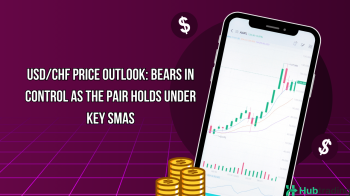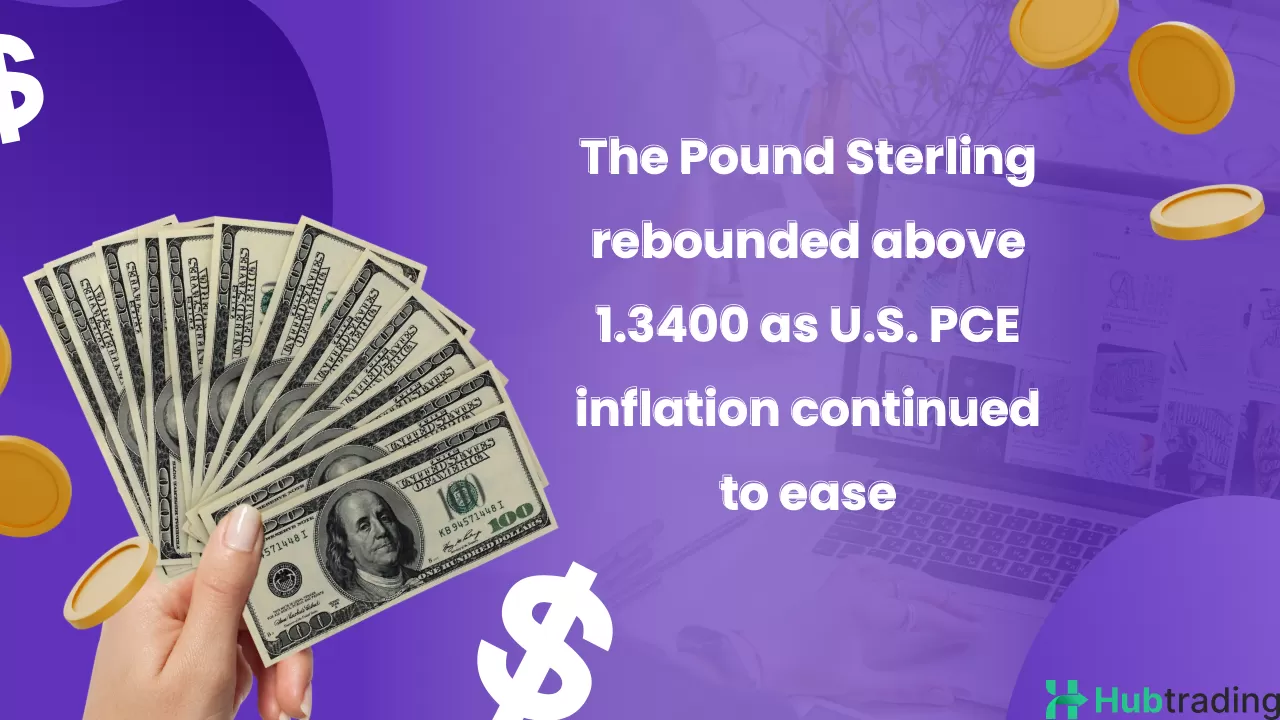Monday saw major assets fluctuate as traders reacted to the Fed’s rate cut, rising tensions in the Middle East, and concerns over a potential global growth slowdown.
What key headlines grabbed traders' attention in recent sessions?
We break them down below!
Headlines:
- New Zealand's trade deficit surged to 2.20B NZD in August, with July's deficit revised up from 963M NZD to 1.02B NZD.
- Judo Bank Australia’s manufacturing PMI dropped from 48.5 to a 52-month low of 46.7 in September, while the services PMI fell to a two-month low of 50.6 from 52.5.
- HCOB Flash France manufacturing PMI for September came in at 44.0 (44.3 expected, August revised to 43.9 from 42.1); services PMI dropped to 48.3 (53.0 expected, 55.0 previous).
- HCOB Flash Germany manufacturing PMI for September fell to 40.3 (42.4 expected and previous); services PMI slipped to 50.6 (51.1 expected, 51.2 previous).
- HCOB Flash Eurozone manufacturing PMI for September hit 44.8 (45.7 expected, 45.8 previous); services PMI dropped to 50.5 (52.3 expected, August revised down to 52.9 from 53.3).
- S&P Global Flash U.K. manufacturing PMI for September was 51.5 (52.3 expected, 52.5 previous); services PMI at 52.8 (53.5 expected, August revised higher to 53.7 from 53.3).
- U.K. CBI industrial order expectations worsened in September, falling to -35 (-23 expected) from -22.
- U.S. Flash PMIs for September indicated slower hiring and rising inflation pressures.
- FOMC voting member Raphael Bostic supported a 50bps rate cut, citing cooling inflation and weakening job market prospects, stating, “normalizing monetary policy sooner than expected is now appropriate.”
- FOMC voting member Austan Goolsbee advocated for significantly lower interest rates moving forward to account for potential labor market deterioration and the delayed effects of monetary policy changes.
- Canada’s new housing price index stagnated in August (0.1% expected, 0.2% previous).
- au Jibun Bank Japan flash manufacturing PMI for September came in at 49.6 (49.9 expected, 49.8 previous).
Market Price Action:
Monday's markets were volatile as traders reacted to the Fed's rate cut, rising tensions in the Middle East, and concerns over a global growth slowdown.
Crude oil initially surged, fueled by escalating geopolitical risks and cyclone threats in the Gulf of Mexico. However, weak PMI data from Europe and the U.S., along with China's growth concerns, pulled U.S. oil prices from a high of $71.77 down to $69.47, before rebounding to settle around $70.65.
Gold gained support from central bank buying, geopolitical uncertainties, and the Fed’s rate cut. While briefly pressured by USD strength during the London session, the precious metal closed the day at new record highs of $2,628.
Meanwhile, markets reflected widespread support among Fed members for the 50bps rate cut. The S&P 500 and Dow reached new record highs, and U.S. 10-year yields touched 3.79% before retreating to 3.75% after Goolsbee's remarks.
FX Market Behavior: U.S. Dollar vs. Majors:
The U.S. dollar began the week with modest losses against most major currencies, except USD/JPY, likely due to Japan’s market closure for a holiday. AUD/USD saw notable gains, supported by the PBOC’s decision to boost China’s economy with a 10 basis point cut to its 14-day reverse repo rate.
The Greenback rallied before the London open, gaining momentum as weaker-than-expected European PMI data fueled speculation of an ECB rate cut and heightened global growth concerns.
However, the dollar's rally was short-lived. Expectations of further Fed rate cuts, weak U.S. employment data in PMI reports, and support for last week’s rate cut from FOMC members weighed on the dollar. It wasn't until after the London session closed that the dollar stabilized, settling into a range.
Upcoming Potential Catalysts on the Economic Calendar:
- RBA’s policy decision: 4:30 am GMT, presser at 5:30 am GMT
- BOJ Governor Ueda speech: 5:05 am GMT
- German IfO business climate: 8:00 am GMT
- U.S. S&P house price index: 1:00 pm GMT
- FOMC voting member Michele Bowman speech: 1:00 pm GMT
- U.S. CB consumer confidence: 2:00 pm GMT
- U.S. Richmond manufacturing index: 2:00 pm GMT
- ECB member and Bundesbank President Nagel speech: 4:00 pm GMT
- BOC Governor Macklem speech: 5:10 pm GMT
- Australia’s CPI reports: 1:30 am GMT (Sept 25)
Central bankers will take center stage as the RBA announces its September policy decision, followed by speeches from FOMC voting member Michele Bowman, ECB’s Nagel, and BOC’s Macklem—potentially shaking up euro and Loonie price action. Additionally, mid-tier U.S. data releases could impact the dollar’s trends leading up to Friday’s U.S. core PCE price index report.





